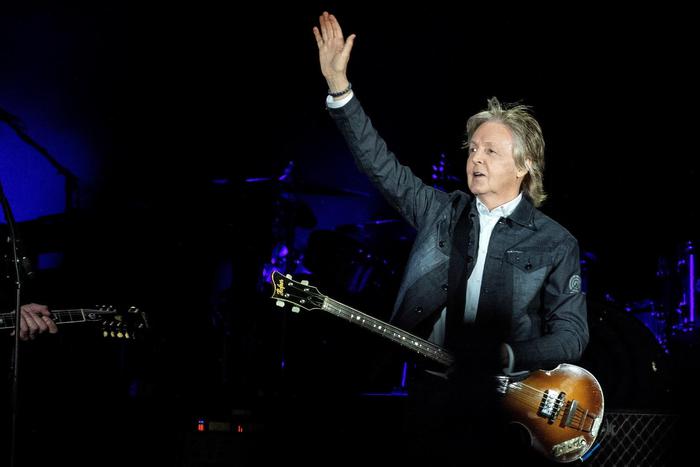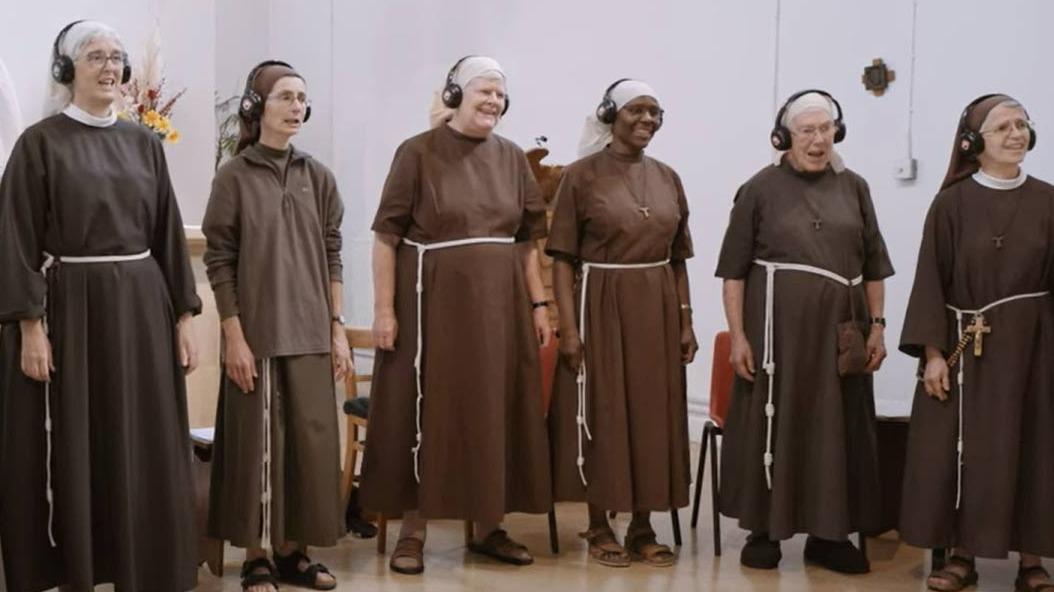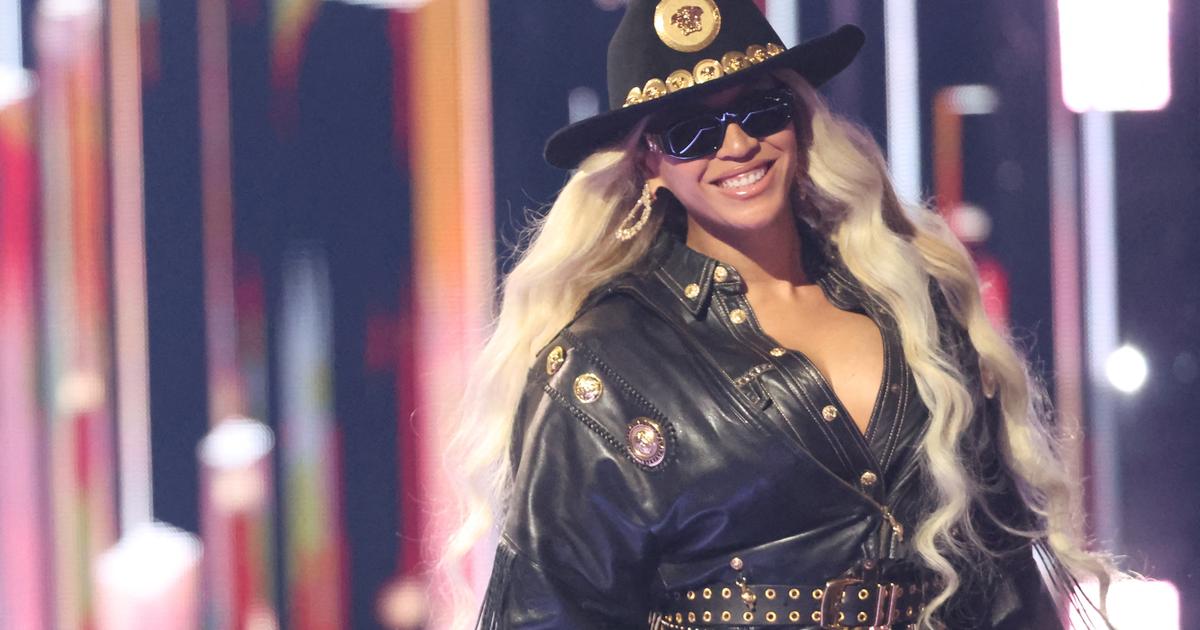Paul Before The Beatles: McCartney's Early Years
On the occasion of Paul McCartney's 80th birthday, we go back to the early days of whoever became one of the most influential and famous musicians in history.
From the Nazi blitz on Liverpool, through the mother who died at a young age to the bloody alliance you made with John Lennon, long before they became famous.
The lesser known side of the beetle
Living Room Fellow
16/06/2022
Thursday, 16 June 2022, 14:46 Updated: 15:12
Share on Facebook
Share on WhatsApp
Share on Twitter
Share on Email
Share on general
Comments
Comments
Between 1940 and 1942, Liverpool was bombed from the air 78 times by German air forces.
In the first week of May 1941, there was the most massive bombing of the Luftwaffe in the war to date.
Around 1,900 residents were killed, 1,450 were seriously injured and another 70,000 people were left homeless in the "May Blitz."
Hundreds of bombers took part in the blitz, which left the city shattered and paralyzed.
The bombing of Liverpool continued unabated, but until 1942 Hitler would transfer most of his forces towards the USSR. By winter their lives in the five cities that make up Merseyside County had 3,899 civilians. At that time, Mary Patricia became pregnant.
Mary, the daughter of an Irish coal miner, no longer thought she would get married.
She was 31, which made her an 'old bachelor' in the then UK, but she insisted on investing every lecturer in her career.
During the war she came to work at the local hospital in Liverpool.
Following the bombings, no accommodation arrangements were found for her, and she was housed by a nice grandmother who was nicknamed "Granny Mac" by the street children, short for her last name: McCartney.
Mary got to know Granny Mac's son, 38-year-old Jim, who is also considered an "institutional bachelor."
They both decided to give up their reputation as eternal bachelors, and got married in the Catholic Church of Liverpool.
Liverpool Elementary School Destroyed in May Blitz, Liverpool 1941 (Photo: GettyImages)
By June 16, 1942, exactly 80 years ago today, war had already become a global issue.
Half a year after Pearl Harbor, the Japanese raged in the East, the Germans occupied parts of Africa, and the Nazi death machine had already reached full industrialization of the "Final Solution."
That same day Churchill embarked on his only return flight to the United States during the war. It was a dangerous journey. Before his departure, Churchill sent a letter to King George asking him to appoint Anthony Eden as prime minister if he did not survive. The White House talks with President Roosevelt were difficult, during which Churchill learned that the Germans and Italians, led by General Rommel, had occupied the port city of Tobruk, and Axis forces stormed Egypt. Churchill apologized to the president, And went vomiting in the presidential toilets.That day, by chance or not, Roosevelt approved the secret project "Manhattan Project," which resulted in the production of atomic bombs.On the other side of the Atlantic, Paul McCartney was born that day.
Father Jim missed the birth.
In light of the difficult situation at Liverpool, he volunteered at nights as a firefighter.
Finally, when he came to meet his eldest son, he was shocked.
"He looked awful. Awful," the excited father later said, "he had one eye open, and he kept screaming. They held him like a piece of red meat. When I got home I cried for the first time in years. The next day he looked a little more human. "Eventually he will become a very lovable baby."
By the end of the war they had moved to six more apartments and his mother had returned to work full time.
His father changed a number of jobs, but never earned more than £ 6 a week.
In between, Paul had a little brother named Mike in January 1944. They were typical children of the "quiet generation," within a working-class family.
A friend of Paul's will in the future call people like them "working class heroes," but for a change he is not at the center of this story.
Paul (8) and Mike (6) McCartney.
Around 1950 (Photo: GettyImages)
In the evenings Jim McCartney used to play jazz with his friends in clubs across Liverpool.
At home he sometimes played the trumpet and the trumpet.
This was the first music Paul McCartney was exposed to.
When he was five his father took him with him to a New Year party.
Paul saw his father playing the piano for an entire night, while all the other guests sang.
These were holiday songs, folk songs and hits from musicals - but Jim McCartney won over the big choir with his fingers.
Little Paul was fascinated.
He began to join his father more and more.
On October 31, 1956, 14-year-old Paul McCartney woke up and learned that his mother had died suddenly.
It was the big break of his life.
In response to the bad news, he went back to bed, and began to pray.
"If you bring her back, I'll always be good," prayed the boy, who had absorbed a bit of Catholicism from his family.
His father became a wreck.
"It was the first time I saw my father crying," Paul later said, "until that day I thought only women and children were crying."
With two young children, Jim decided to become both a father and a mother.
For Paul's birthday he brought him a guitar.
He refused to teach him to play, and told him he wanted to find his own way.
"It was an obsession that started right after our mom's death," the younger brother Mike later said, "the guitar just took over his whole life. He lost mom - but found something else."
Jim McCartney with his sons, Paul and Mike (Photo: GettyImages)
It's been a few months since he lost his mother, and Paul McCartney's life is about to change.
It would not be an exaggeration to say that the life of the whole world has changed.
On July 6, 1957. The local quarryman band was invited to play two performances in the garden of St. Peter's Church in Walton, a suburb of Liverpool.
The lead singer of the band and the dominant character in it was a 16-year-old boy named John Lennon.
In the break between the noon performance and the evening performance, the band members rested inside the church hall.
The band's bassist, a guy named Ivan Vaughan, invited a friend of his to church and introduced him to the rest of the band - the chubby 15-year-old boy he introduced was called Paul McCartney.
Lennon and McCartney quickly fell in love with each other, and Paul taught John how to tune a guitar and played him a few songs.
After the second show, the band invited McCartney to try to hang out with them at a local pub - they lied about their age and John got drunk.
While he was drunk, they persuaded him to offer the 15-year-old to join the band.
Leave history.
To this day, people come from all over the world to the reddish structure that stands in the gray neighborhood.
The church building is not impressive, but it stands out on the street, mainly because people almost always stand outside and take pictures.
Still, this is where Lennon and McCartney first met.
This is probably what is meant by "pilgrimage to the holy places."
Young McCartney, Around 1958 (Photo: GettyImages)
George Harrison was met by Paul McCartney at school as early as 1954. They became good friends even though Paul was 12 and George was a year younger.
What connected them was music.
More precisely, Skippel music.
A musical style created in the United States in the 1920s as a combination of jazz, blues and folk music - and flourished in puppetry across the UK.
After joining the quarryman band, which played skipple music inspired by Lonnie Dongen, Paul invited George to come see him.
He did not come.
He invited him again.
He said he would come, but he breezed.
It's not clear what made George shy away from his good friend's band, maybe it's jealousy, maybe it was insecurity, and maybe it was this guitarist, John Lennon, who used to send bites to everyone.
Finally, in early 1958, George surrendered.
"Finally, when I came to see the band for the first time, I was very impressed with John," George later said, "he had stylish wigs and a long suit with chains. It felt to me like all his extroversion was his way of separating men from children."
After the show George met the band members.
Paul told them he was the best guitarist he knew.
He was not yet 15 years old.
McCartney, Lennon and Harrison performing at Paul's cousin's wedding.
George on the left was 15 and two weeks old (Photo: screenshot, family photo)
On March 8, 1958, Harry Ian Harris, Paul McCartney's cousin, married his choice of heart, Sicily.
He was 19, she was 16. That's how it used to be.
Harry asked Paul to play with his band at the wedding.
Paul turned to the members of the Quariman, but as befits a band made up of workers - not all of them were available.
Finally, Paul offered George to join him and John.
It was the first time John, George and Paul had performed together.
On July 12, the trio, along with keyboardist John Lowe and drummer Colin Anton, will arrive at Philips Studios in Liverpool and record together for the first time.
The song In Spite of All the Danger was written by Paul McCartney, while George provided the guitar solo.
On the floppy disk is written the rare credit from Cartney-Harrison.
The original recording remained in the hands of Luo, who in the 1980s refused to sell it for £ 5,000.
Finally, it was sold to Paul McCartney, at a price he described as "very inflated."
McCartney, Lennon and Harrison at the beginning of their journey.
None of them were allowed to drink yet (Photo: GettyImages)
Five days after they first recorded, John Lennon's mother died.
Julia did not raise him, but she was a central part of John's life and being.
She was also the one who bought him his first guitar and encouraged him to pursue art.
Some would say that more than any other day, this is the day that forever connected John Lennon to Paul McCartney.
The fact that they were both orphans, and the trauma she left in them separated from the mother, made them a world alliance.
The band continued to perform throughout Liverpool, as well as at family events, with the band's core remaining around the trio of John, Paul and George.
As the Skype trend started to lose some of its popularity, the band started going more in the direction of rock'n'roll, so they also thought of changing the name.
They called themselves "Johnny and the Moon Dogs", "Beatals", "The Silver Beetles", "The Silver Butcher" until in July 1960 they closed on the name "The Beatles".
There are all sorts of theories as to who gave the name, but it does not matter at all.
Paul McCartney became the band's bassist, who would become the largest band in the world.
You already know the rest of the story.
culture
Music
Foreign music
Tags
Paul Mccartney
The Beatles

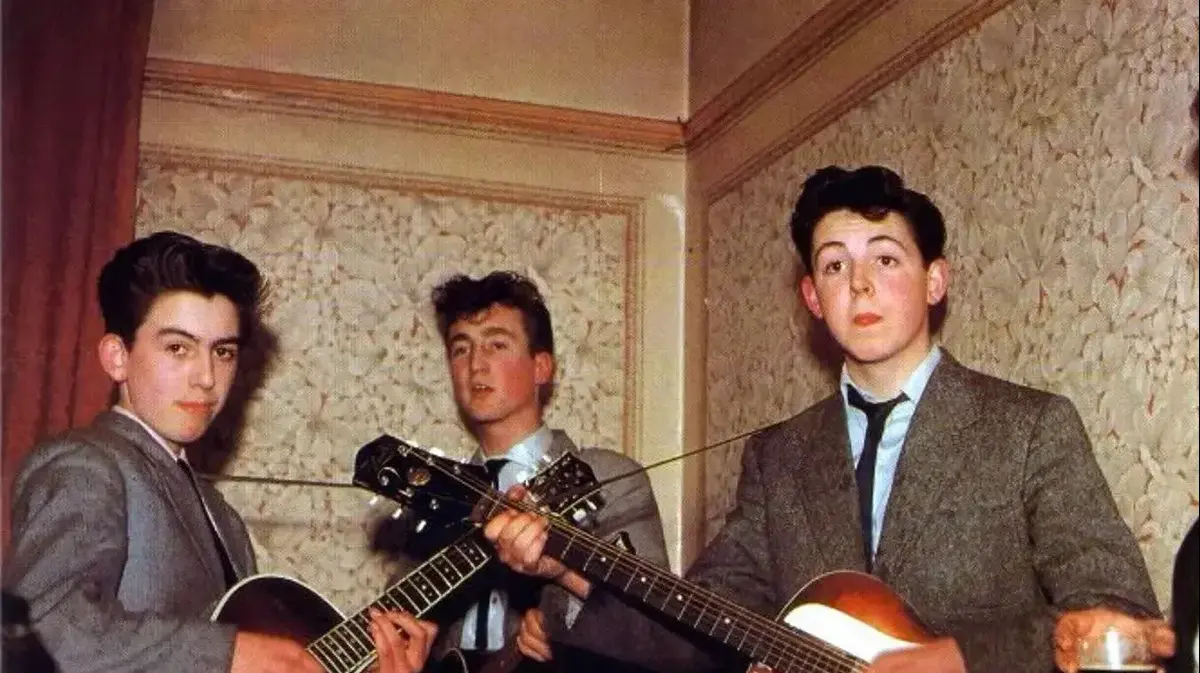
/cloudfront-eu-central-1.images.arcpublishing.com/prisa/ECLTGSPQSZHRVPM4NVCKYJTVTA.jpg)
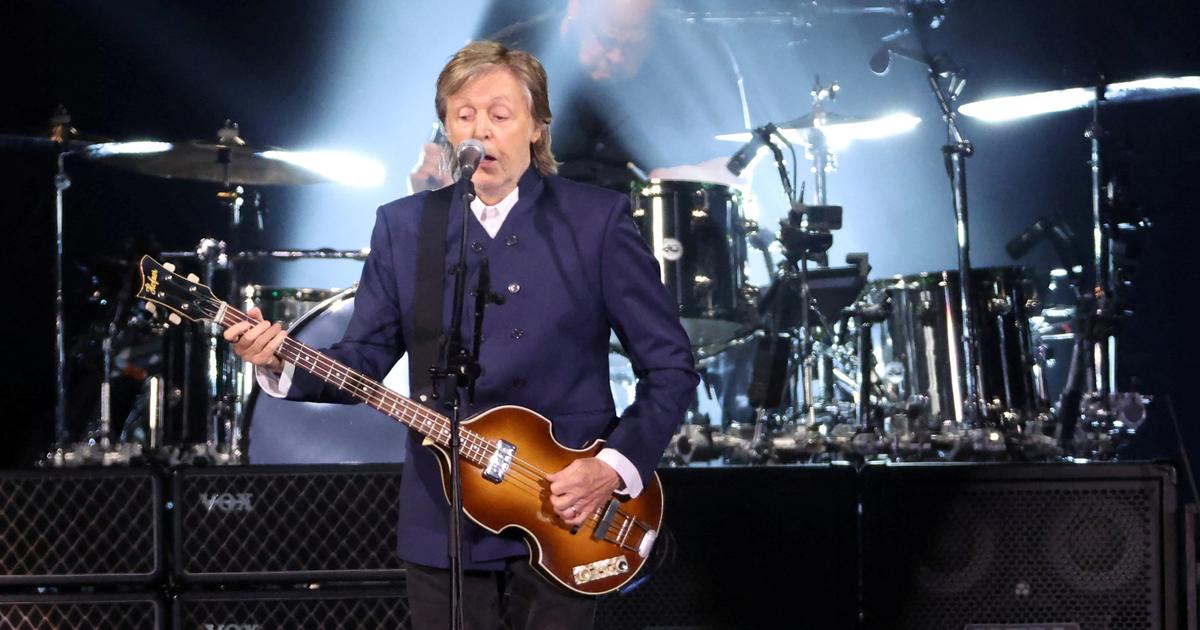
/cloudfront-eu-central-1.images.arcpublishing.com/prisa/PTBXNLDORZF6NKYBWQ646WXIHE.jpg)
